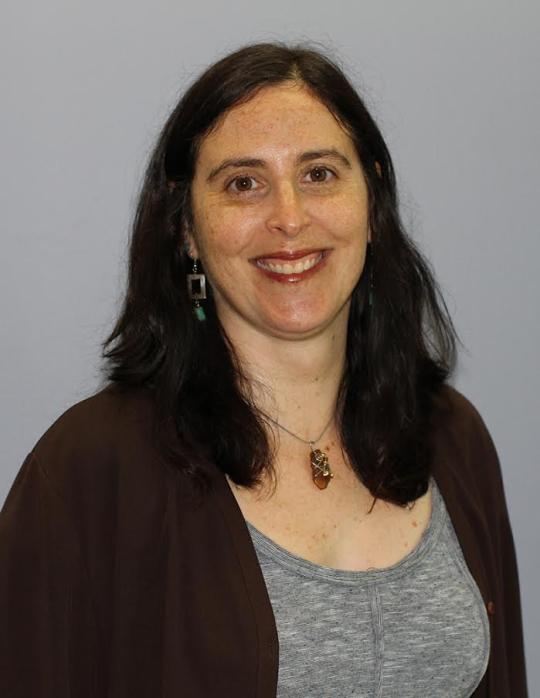Making a Difference During Disaster
First, I want to thank all the students, VISTAs, staff and community partners who got involved with helping others all while facing concern for their own homes and safety. Students researched ways to get involved so that we could share them, VISTAs and staff went to evacuation centers where they did whatever needed to be done, including serving as interpreters, one of the Faculty Fellows revamped the focus of her position to address fire-related work and the other, although he was evacuated, began revamping a conference presentation that we are giving in Baltimore on Saturday. The community partners meanwhile are in the middle of it - providing the safe places and care to those most affected. Many of them were concerned about their homes and offices, as well. Thank you everyone for your service. I am so glad you are safe and reading this. All of us here have you in our thoughts.
As classes resume today, there may be significant changes in how we work with the community and how the community works with us. Yesterday, I had a long conversation with my counterparts at Tulane University in New Orleans. They provided a lot of valuable advice from their post-Katrina experience and I want to share it here.
You may find that you have the urge to help. This is good and we need everyone now and for a long time to come. There is a lot to do and serving is good for your health. It will help relieve the anxiety many of us are feeling; helping to heal others helps us heal ourselves. It's important that you engage with others for maximum impact and remember not to self-deploy. Get involved with an established organization that can provide you the support you need. If you're not sure where to start, drop by the CCE on the first floor of the Library and meet with one of the VISTAs (read more about the organizations they work with). They can help you get involved.
Faculty, if you haven't done so already, please check in with your community partner(s). Of course, recognize that you may not hear back immediately as many of them are still in crisis mode. If you are teaching a service-learning class this semester, offer some additional flexibility in timing or even consider that content may need to change. Especially if you're working with children, some communication and renegotiation may be necessary. The CCE can help with that. Additionally, if you are interested in providing students extra credit for community service, please consider working with the VISTAs so that we don't overwhelm already overtaxed community organizations.
Community partners, we are here for you. We don't know what you need, so please let us know when you're ready. In particular, if you expect to be engaged with the long term recovery efforts and don't have a volunteer program coordinator, please let me know. We may be able to collaborate on that type of infrastructure development by expanding our AmeriCorps VISTA program. We also have physical space for meetings and thousands of ready-to-work folks.
Although it's been 11 years since Hurricane Katrina, Tulane's community engagement work remains focused on recovery. We are #SonomaStrong and #NomaCares and we're in this together for the long haul. Please continue to take care of yourself, your loved ones, and our neighbors as we build our new community together.

Author: Merith Weisman

